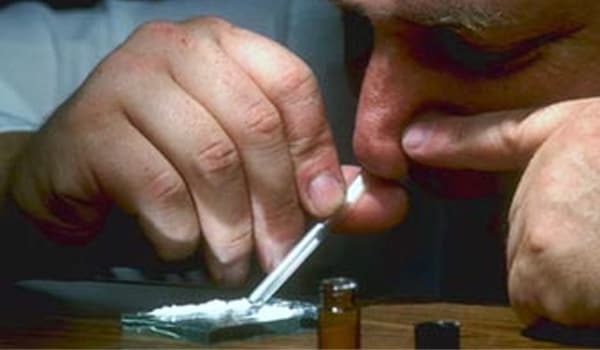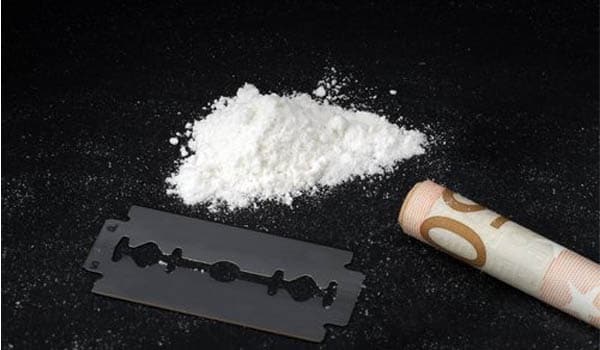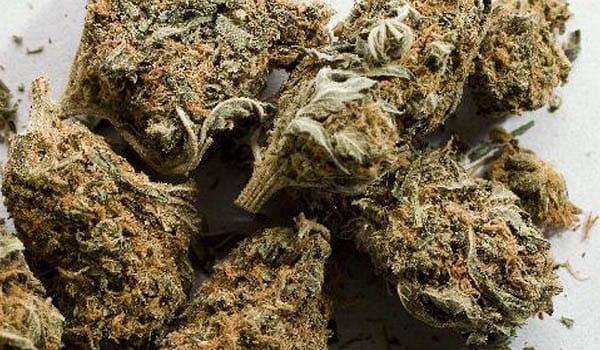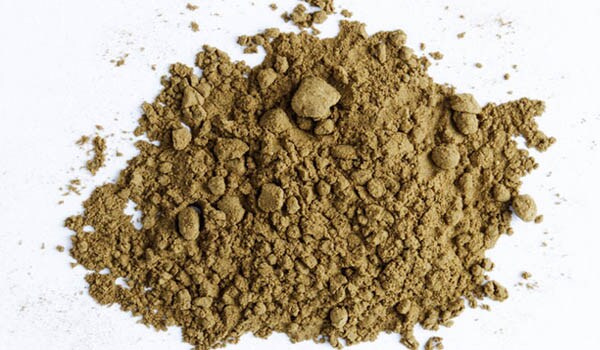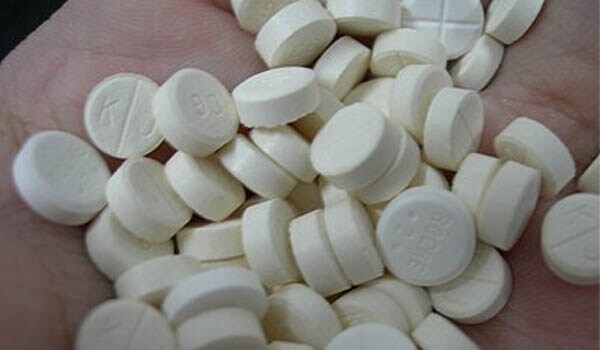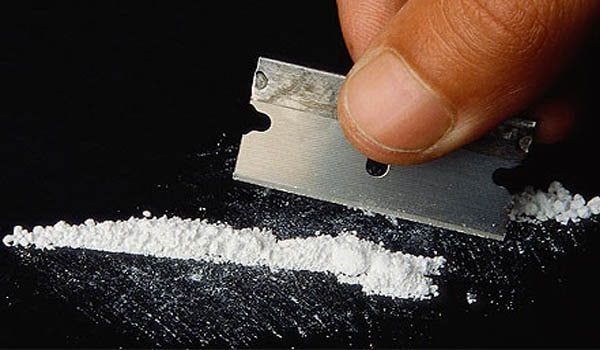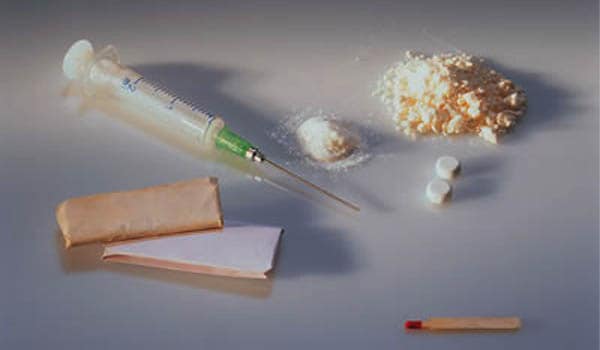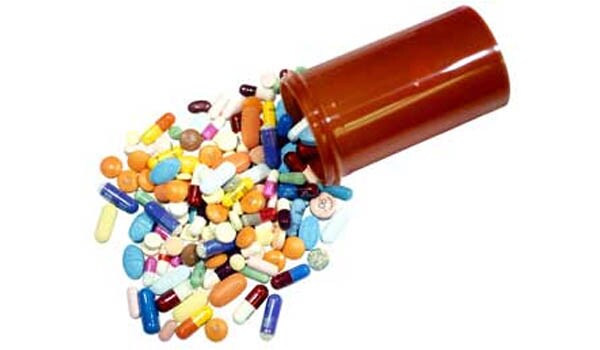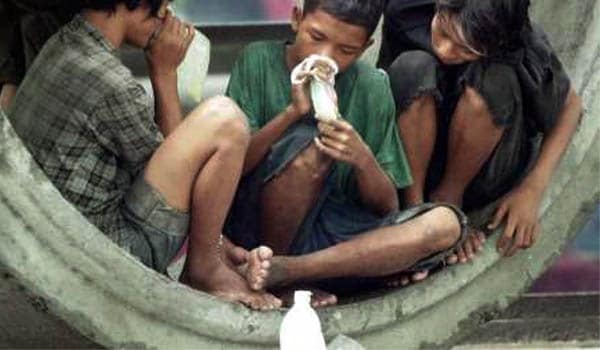Health Photos
-
Drug abuse (addiction) involves compulsively seeking to use a substance, regardless of the potentially negative social, psychological and physical consequences. Certain drugs, such as narcotics and cocaine, are more physically addicting than some other drugs. One may have an emotional, psychological or a physical dependence. One has control over the choice to start using drugs, but once addicted, the pleasurable effect of drugs makes one want to keep using them.
-
An addiction is not just measured by how many times a person uses a drug. Some drugs are so addictive that they may only be used once or twice before the user loses control. A person crosses the line between abuse and addiction when one is no longer trying the drug to have fun but because one comes to depend on it. One's whole life centres around the need for the drug.
-
Cannabis compounds contained in marijuana and hashish are on the most commonly abused drugs. Excessive use of these drugs could lead to memory loss, anxiety, mouth dryness and hypertension.
-
Opioids are narcotic, painkilling drugs produced naturally from opium or made synthetically. These include heroin, morphine, codeine and methadone. Getting over a drug addiction may involve support from the doctor, family, friends and others who have an addiction. This involves inpatient as well as outpatient treatment.
-
Central nervous system depressants: Barbiturates and benzodiazepines Benzodiazepines include tranquillisers such as diazepam, alprazolam, oxazepam, lorazepam, clonazepam and chlordiazepoxide. These can cause confusion and dizziness, and impair judgment, memory, intellectual performance, and motor coordination.
-
Central nervous system stimulants: Amphetamines and cocaine. Their side effects are innumerable side effects include agitation, excitability, irritability, nervousness, or restlessness etc.
-
Designer drugs: Synthetic compounds such as Ecstasy, which has both amphetamine like and hallucinogenic effects. These can cause serious and damaging side effects like hypertension, increased heart rate, clenched teeth, blurred vision, uncontrolled tremors, drooling, anorexia, impaired speech etc.
-
Hallucinogens: LSD (lysergic acid diethylamide) and phencyclidine (PCP). The physical side effects of hallucinogens differ from user to user, and are often unpredictable. Dilation of the pupils, rise in body temperature and blood pressure are some of the common side effects.
-
Inhalants: Glue, paint, solvents, nitrous oxide. The majority of inhalants have the same effect of slowing down the function of the body rather like an anaesthetic or alcohol. Depending on how much has been inhaled, most users immediately feel a bit of a high and they become less anxious or self conscious.
-
People use drugs because they like the way drugs make them feel. Pleasure is a powerful force. If one does something pleasurable, the brain is wired in such a way that one wants to do it again. All drugs that are addicting can activate and affect the brain's pleasure circuit.
When prescription drugs are taken the right way, they are safe and there is usually little chance of addiction. However, prescription drugs can be dangerous if they are abused (for example, taking too much or taking them when they are not needed). Some of the most commonly abused prescription drugs are painkillers and anti-anxiety drugs. -
Breaking the addiction is the only way to stop the problems drugs are causing in one's life. It may not be easy to quit. But the efforts will be rewarded by better health, better relationships with the people in one's life and a sense of accomplishment that only living drug-free can give.
-
Recovery from drug addiction can be a long-term process and frequently requires multiple episodes of treatment. As with other chronic illnesses, relapses to drug use can occur during or after successful treatment episodes. Participation in self-help support programmes, during and following treatment, often helps maintain abstinence.


